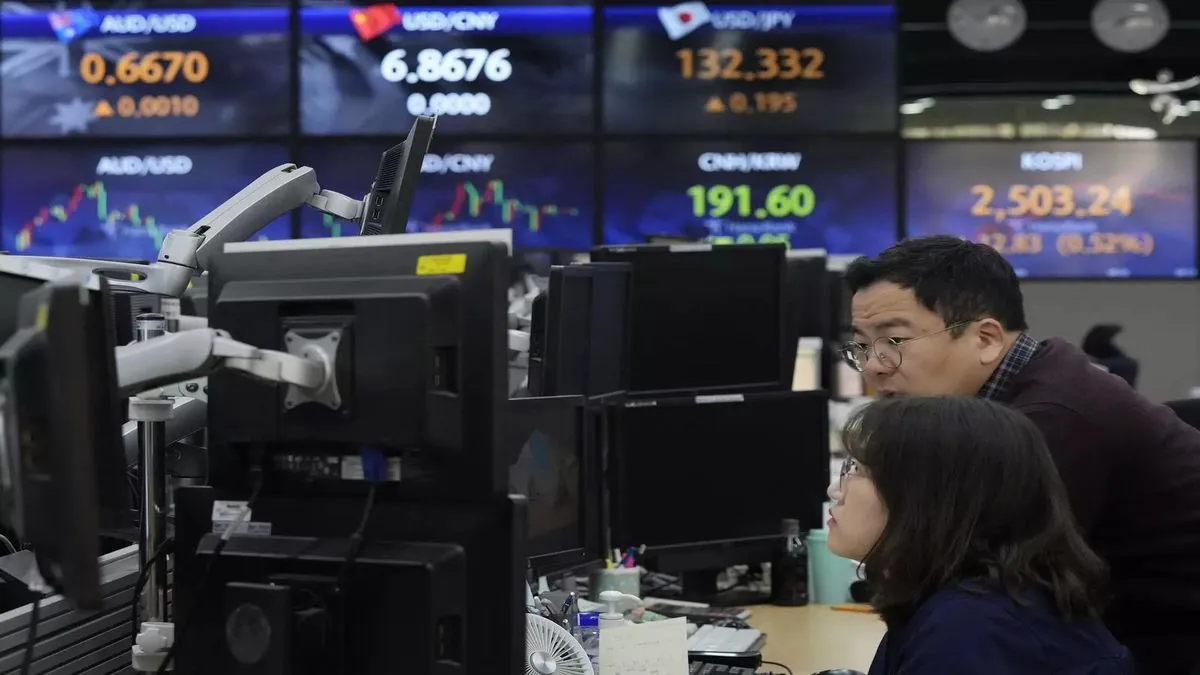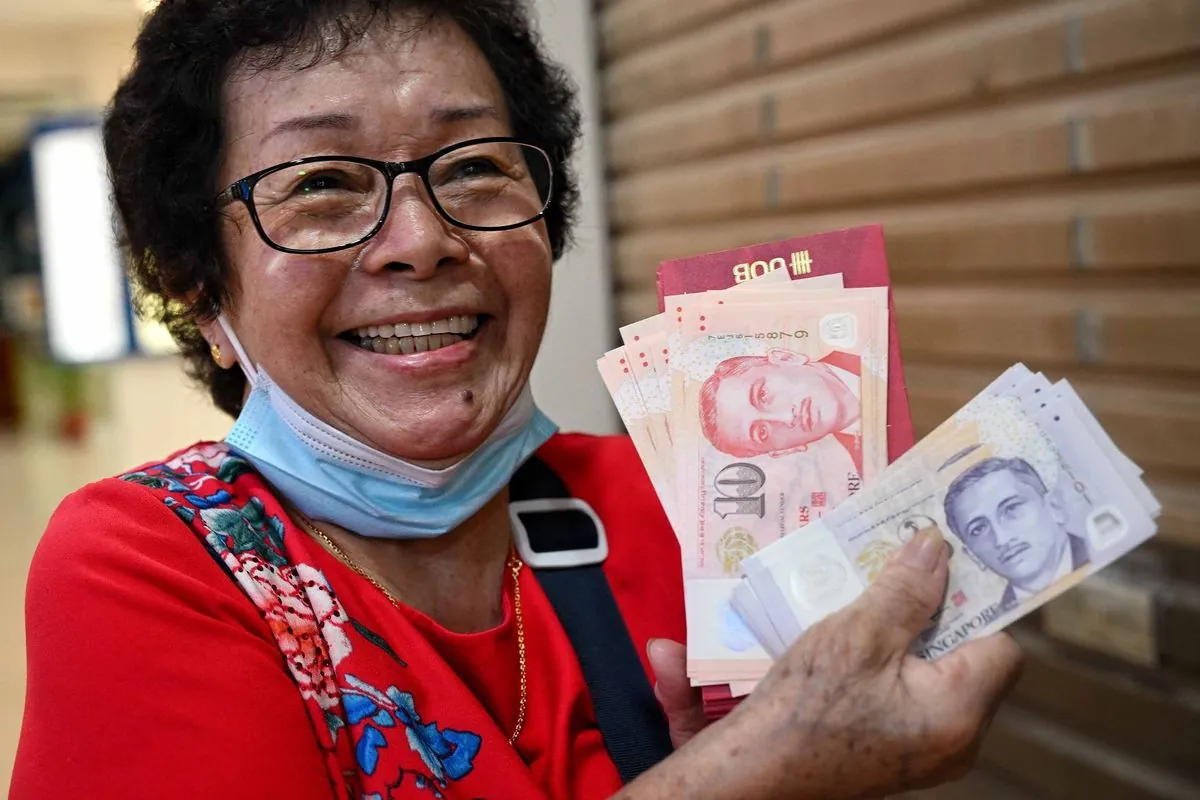Asian Markets Surge as China Plans Cash Handouts for National Day
Asian stock markets rallied, led by Japan's Nikkei 225 gaining over 2%. China announced cash handouts for the poor ahead of National Day, potentially boosting consumer spending in the world's second-largest economy.

Asian stock markets experienced a significant upswing on Thursday, with Japan's Nikkei 225 index leading the charge with a gain of more than 2%. This rally followed a modest retreat from record highs in U.S. stocks.
The Chinese government's announcement of planned cash handouts or discount vouchers for the poor ahead of the upcoming National Day holidays on October 1 contributed to the positive sentiment. This move, while uncommon, aims to address a key economic weakness - faltering consumer spending. The Ministry of Civil Affairs stated on WeChat that a one-time living allowance would be issued to the extremely poor, orphans, and other needy individuals to mark the 75th anniversary of the founding of New China.

Across Asia, major indices showed strong performance. Hong Kong's Hang Seng climbed 1.7% to 19,461.25, while the Shanghai Composite index added 0.6% to 2,914.19. The Nikkei in Tokyo surged 2.5% to 38,812.94. South Korea's Kospi jumped 2.1% to 2,649.51, buoyed by semiconductor maker SK Hynix's launch of a new memory chip for artificial intelligence, which saw its shares soar by 8.8%. In Australia, the S&P/ASX 200 gained 0.8% to 8,187.60.
"The S&P 500 slipped 0.2% to 5,722.26, a day after setting an all-time high for the 41st time this year."
In the U.S., the S&P 500 experienced a slight dip of 0.2% to 5,722.26, following its 41st record high of the year. The Dow Jones Industrial Average dropped 0.7% to 41,914.75, while the Nasdaq composite edged up marginally by less than 0.1% to 18,082.21.
Treasury yields ticked higher after a surprisingly weak update on U.S. consumer confidence, which saw its worst drop in three years. This raised concerns about the U.S. economy's strength but also increased expectations for potential interest rate cuts by the Federal Reserve.
Notable stock movements included Stitch Fix, which tumbled 39.5% after forecasting weaker revenue, and KB Home, which fell 45.4% despite reporting profits just shy of analysts' expectations. Trump Media & Technology Group saw a 10.5% increase, marking its first back-to-back gain in two weeks.
The U.S. housing market showed signs of resilience, with new home sales in August slowing less than economists feared. Investors are now focusing on next week's monthly update on the U.S. job market, as concerns grow over slowing hiring amid eased inflation.
In the commodities market, benchmark U.S. crude oil rose slightly to $69.75 per barrel, while Brent crude, the international standard, increased to $73.04 per barrel. Currency markets saw the U.S. dollar rise to 144.83 Japanese yen, and the euro trading at $1.1142.
As global markets continue to navigate economic uncertainties, the interplay between government policies, central bank decisions, and market sentiment remains crucial in shaping the financial landscape.


































